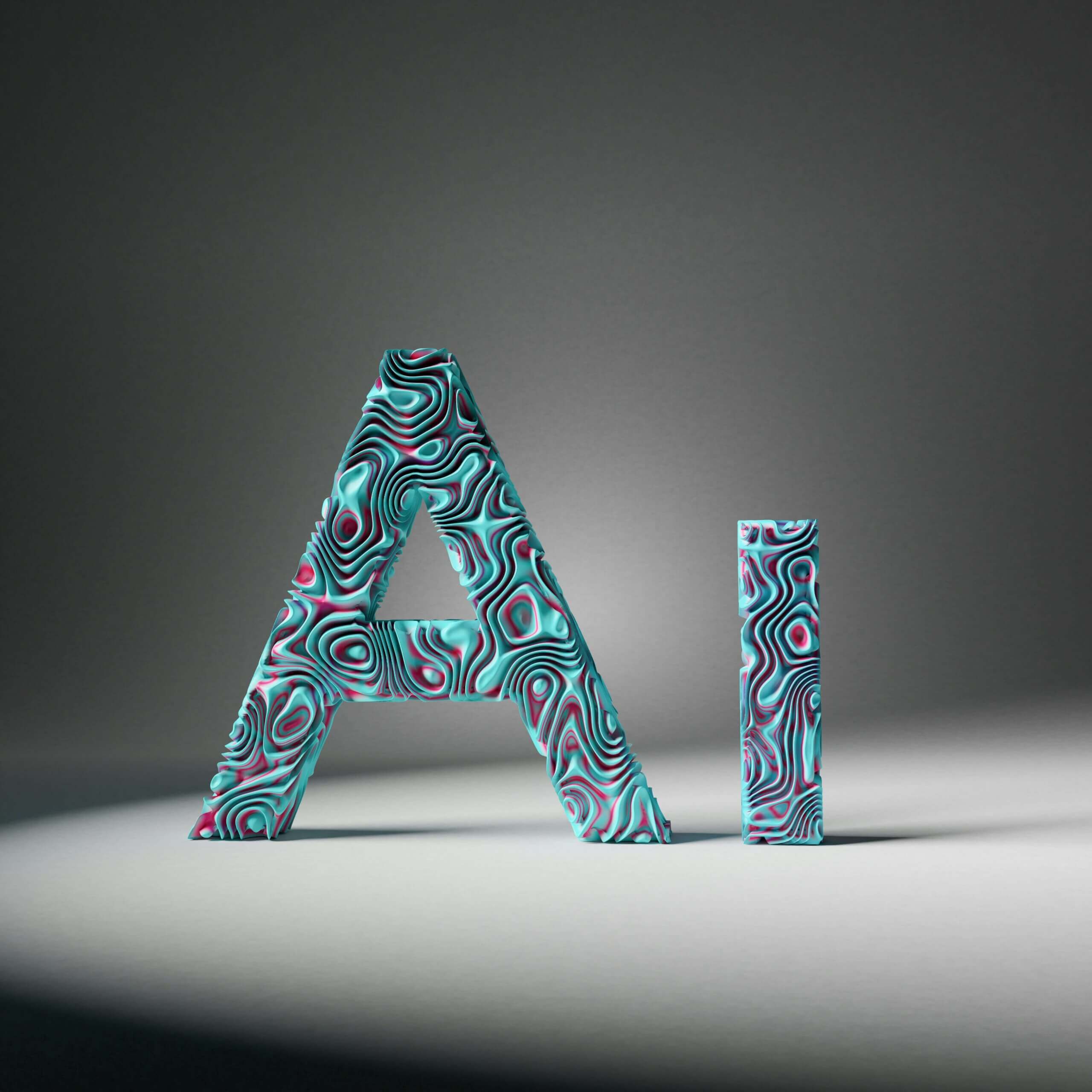
Max Dewod
Freelance Writer
15.02.2024
Gene editing is the technique of altering the DNA of diverse species.
Some common examples of gene editing use cases include changing plants to make them stay longer on shop shelves and the prevention of hereditary illnesses. Despite significant advances in gene editing, the question of whether or not to allow technology to alter the world persists.
Therefore, the ethical implications of genetic modification, as well as the other obstacles that gene editing presents will be explored in this article.
What Is CRISPR?
CRISPR (clustered regularly interspaced short palindromic repeats) has recently gained popularity following the growing debate on the ethical implications of genetically changing the human germ line. CRISPR has sparked considerable interest and use among scientists for several goals.
Still, it is not only a tool for editing the genomes of embryonic cells, as the public debate may have suggested. It is a potent, effective, and dependable tool for altering genes in any creature. As a result, CRISPR introduces a slew of new ethical issues, some exclusive to humans. In contrast, others extend to other animals and the environment, in addition to the debate surrounding editing human germ lines.





